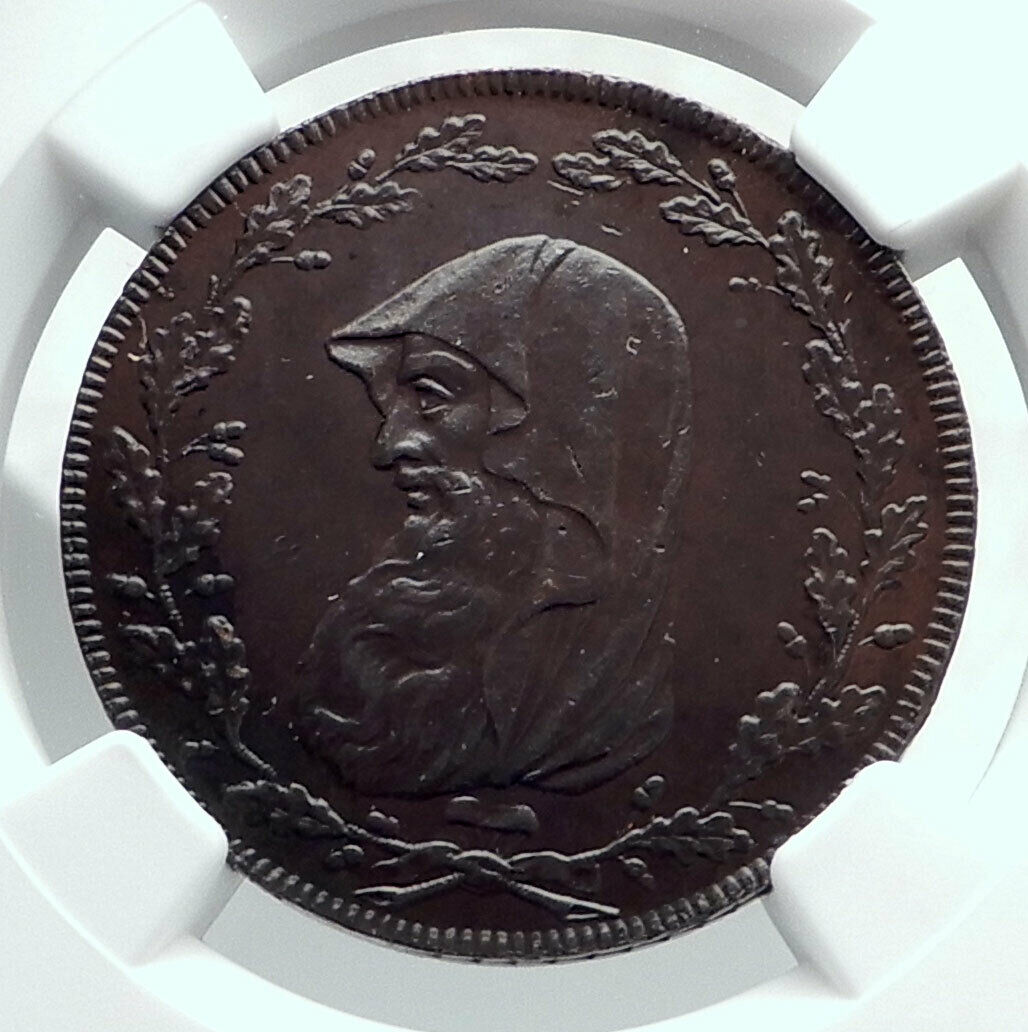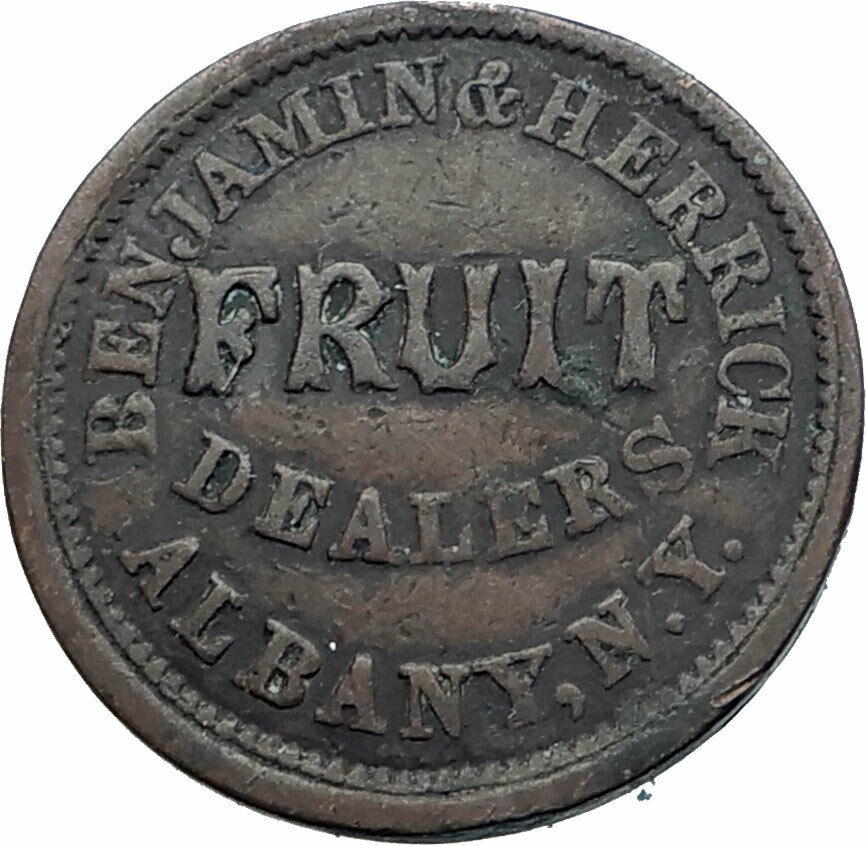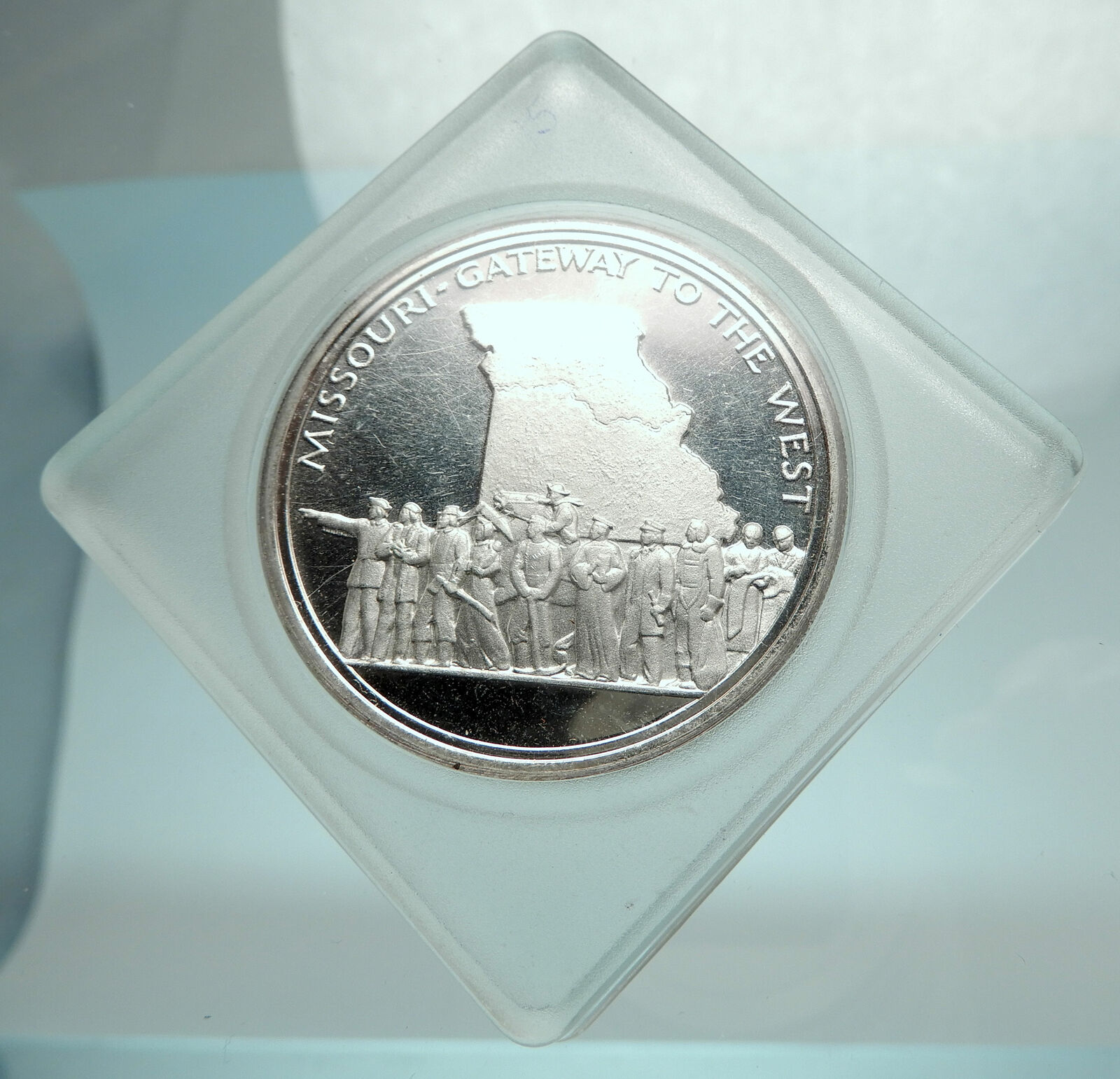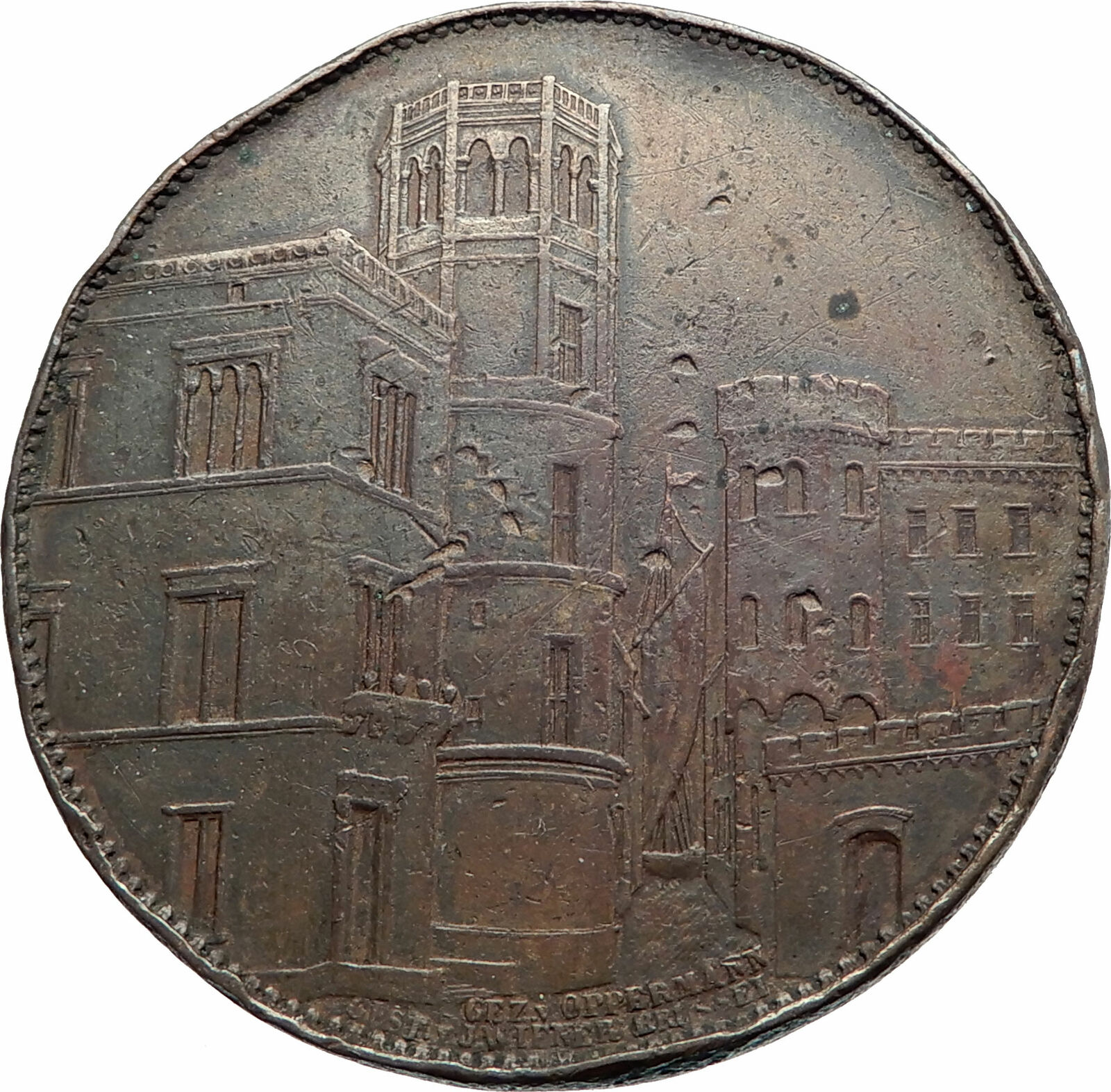|
Spain under Juan Carlos I – King: 22 November 1975 – 19 June 2014
Coronation Medal
1975 Proof Silver Medal 40mm (31.74 grams)
JUAN CARLOS I Y SOFIA · REYES DE ESPANA ·, Juan and Sophia facing left.
Spanish Coat-of-Arms.
You are bidding on the exact item pictured, provided with a Certificate of Authenticity and Lifetime Guarantee of Authenticity.
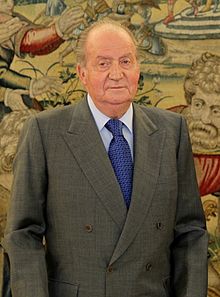 Juan Carlos I (born 5 January 1938) is a member of the Spanish royal family who reigned as King of Spain from November 1975 until his abdication in June 2014. In Spain, since his abdication, Juan Carlos has usually been referred to as the Rey Emérito (“King Emeritus”). Juan Carlos I (born 5 January 1938) is a member of the Spanish royal family who reigned as King of Spain from November 1975 until his abdication in June 2014. In Spain, since his abdication, Juan Carlos has usually been referred to as the Rey Emérito (“King Emeritus”).
Juan Carlos is the grandson of Alfonso XIII, the last king of Spain before the abolition of the monarchy in 1931 and the subsequent declaration of the Second Spanish Republic. Juan Carlos was born in Rome during his family’s exile. Francisco Franco took over the government of Spain after his victory in the Spanish Civil War in 1939, yet in 1947 Spain’s status as a monarchy was affirmed and a law was passed allowing Franco to choose his successor. Juan Carlos’s father, Juan, was the third son of King Alfonso, who had renounced his claims to the throne in January 1941. Juan was seen by Franco to be too liberal and in 1969 was bypassed in favour of Juan Carlos as Franco’s successor as head of state.
Juan Carlos spent his early years in Italy and came to Spain in 1947 to continue his studies. After completing his secondary education in 1955, he began his military training and entered the General Military Academy at Zaragoza. Later, he attended the Naval Military School and the General Academy of the Air, and finished his tertiary education at the University of Madrid. In 1962, Juan Carlos married Princess Sophia of Greece and Denmark in Athens. The couple had two daughters and a son together: Elena, Cristina, and Felipe. Due to Franco’s declining health, Juan Carlos first began periodically acting as Spain’s head of state in the summer of 1974. Franco died in November the following year and Juan Carlos became king on 22 November 1975, two days after Franco’s death, the first reigning monarch since 1931; although his exiled father did not formally renounce his claims to the throne in favor of his son until 1977.
Expected to continue Franco’s legacy, Juan Carlos, however, soon after his accession introduced reforms to dismantle the Francoist regime and begin the Spanish transition to democracy. This led to the approval of the Spanish Constitution of 1978 in a referendum which re-established a constitutional monarchy. In 1981, Juan Carlos played a major role in preventing a coup that attempted to revert Spain to Francoist government in the King’s name. In 2008, he was considered the most popular leader in all Ibero-America. Hailed for his role in Spain’s transition to democracy, the King and the monarchy’s reputation began to suffer after controversies surrounding his family arose, exacerbated by the public controversy centering on an elephant-hunting trip he undertook during a time of financial crisis in Spain. In June 2014, Juan Carlos, citing personal reasons, abdicated in favour of his son, who acceded to the throne as Felipe VI. Since August 2020, Juan Carlos has lived in self-exile from Spain over allegedly improper ties to business deals in Saudi Arabia.
 Spain, officially the Kingdom of Spain (Spanish: Reino de España), is a country mostly located on the Iberian Peninsula in Europe, with there also being two large archipelagoes, the Balearic Islands in the Mediterranean Sea and the Canary Islands off the African Atlantic coast, two cities, Ceuta and Melilla, on the African mainland and several small islands in the Alboran Sea near the African coast. The country’s mainland is bordered to the south and east by the Mediterranean Sea except for a small land boundary with Gibraltar; to the north and northeast by France, Andorra, and the Bay of Biscay; and to the west and northwest by Portugal and the Atlantic Ocean. It is the only European country to have a border with an African country (Morocco) and its African territory accounts for nearly 5% of its population, mostly in the Canary Islands but also in Ceuta and Melilla. Spain, officially the Kingdom of Spain (Spanish: Reino de España), is a country mostly located on the Iberian Peninsula in Europe, with there also being two large archipelagoes, the Balearic Islands in the Mediterranean Sea and the Canary Islands off the African Atlantic coast, two cities, Ceuta and Melilla, on the African mainland and several small islands in the Alboran Sea near the African coast. The country’s mainland is bordered to the south and east by the Mediterranean Sea except for a small land boundary with Gibraltar; to the north and northeast by France, Andorra, and the Bay of Biscay; and to the west and northwest by Portugal and the Atlantic Ocean. It is the only European country to have a border with an African country (Morocco) and its African territory accounts for nearly 5% of its population, mostly in the Canary Islands but also in Ceuta and Melilla.
 .svg/85px-Escudo_de_España_(mazonado).svg.png)
Flag & Coat of Arms
With an area of 505,990 km2 (195,360 sq mi), Spain is the largest country in Southern Europe, the second largest country in Western Europe and the European Union, and the fourth largest country in the European continent. By population, Spain is the sixth largest in Europe and the fifth in the European Union. Spain’s capital and largest city is Madrid; other major urban areas include Barcelona, Valencia, Seville, Bilbao and Málaga.
Modern humans first arrived in the Iberian Peninsula around 35,000 years ago. Iberian cultures along with ancient Phoenician, Greek and Carthaginian settlements developed on the peninsula until it came under Roman rule around 200 BCE, after which the region was named Hispania, based on the earlier Phoenician name Sp(a)n or Spania. At the end of the Western Roman Empire the Germanic tribal confederations in migration from Central Europe invaded the Iberian peninsula and established themselves in relatively independent realms in its western provinces, including the Sueves, Alans and Vandals. Eventually, the Visigoths would integrate by force all remaining independent territories in the peninsula, including Byzantine provinces into the Kingdom of Toledo that more or less unified politically, ecclesiastically and legally all the former Roman provinces or successor kingdoms of what was then known in documents as Hispania.
The Visigothic kingdom fell to the Moors except in the north where shortly after started a process known as Reconquista. Spain emerged as a unified country in the 15th century under the Catholic Monarchs, who completed the eight centuries-long Reconquista in 1492. In the early modern period, Spain became one of history’s first global empires, leaving a vast cultural and linguistic legacy that includes over 500 million Hispanophones, making Spanish the world’s second most spoken native language, after Mandarin Chinese.
Spain is a parliamentary democracy and constitutional monarchy, with King Felipe VI as head of state. It is a major developed country with the world’s fourteenth largest economy by nominal GDP and sixteenth largest by purchasing power parity. It is a member of the United Nations (UN), the European Union (EU), the Eurozone, the Council of Europe (CoE), the Organization of Ibero-American States (OEI), the Union for the Mediterranean, the North Atlantic Treaty Organization (NATO), the Organisation for Economic Co-operation and Development (OECD), OSCE, the Schengen Area, the World Trade Organization (WTO) and many other international organisations. Spain has a “permanent invitation” to the G20 summits that occur generally once a year.
|





 Juan Carlos I (born 5 January 1938) is a member of the Spanish royal family who reigned as King of Spain from November 1975 until his abdication in June 2014. In Spain, since his abdication, Juan Carlos has usually been referred to as the Rey Emérito (“King Emeritus”).
Juan Carlos I (born 5 January 1938) is a member of the Spanish royal family who reigned as King of Spain from November 1975 until his abdication in June 2014. In Spain, since his abdication, Juan Carlos has usually been referred to as the Rey Emérito (“King Emeritus”). Spain, officially the Kingdom of Spain (Spanish: Reino de España), is a country mostly located on the Iberian Peninsula in Europe, with there also being two large archipelagoes, the Balearic Islands in the Mediterranean Sea and the Canary Islands off the African Atlantic coast, two cities, Ceuta and Melilla, on the African mainland and several small islands in the Alboran Sea near the African coast. The country’s mainland is bordered to the south and east by the Mediterranean Sea except for a small land boundary with Gibraltar; to the north and northeast by France, Andorra, and the Bay of Biscay; and to the west and northwest by Portugal and the Atlantic Ocean. It is the only European country to have a border with an African country (Morocco) and its African territory accounts for nearly 5% of its population, mostly in the Canary Islands but also in Ceuta and Melilla.
Spain, officially the Kingdom of Spain (Spanish: Reino de España), is a country mostly located on the Iberian Peninsula in Europe, with there also being two large archipelagoes, the Balearic Islands in the Mediterranean Sea and the Canary Islands off the African Atlantic coast, two cities, Ceuta and Melilla, on the African mainland and several small islands in the Alboran Sea near the African coast. The country’s mainland is bordered to the south and east by the Mediterranean Sea except for a small land boundary with Gibraltar; to the north and northeast by France, Andorra, and the Bay of Biscay; and to the west and northwest by Portugal and the Atlantic Ocean. It is the only European country to have a border with an African country (Morocco) and its African territory accounts for nearly 5% of its population, mostly in the Canary Islands but also in Ceuta and Melilla.
.svg/85px-Escudo_de_España_(mazonado).svg.png)


